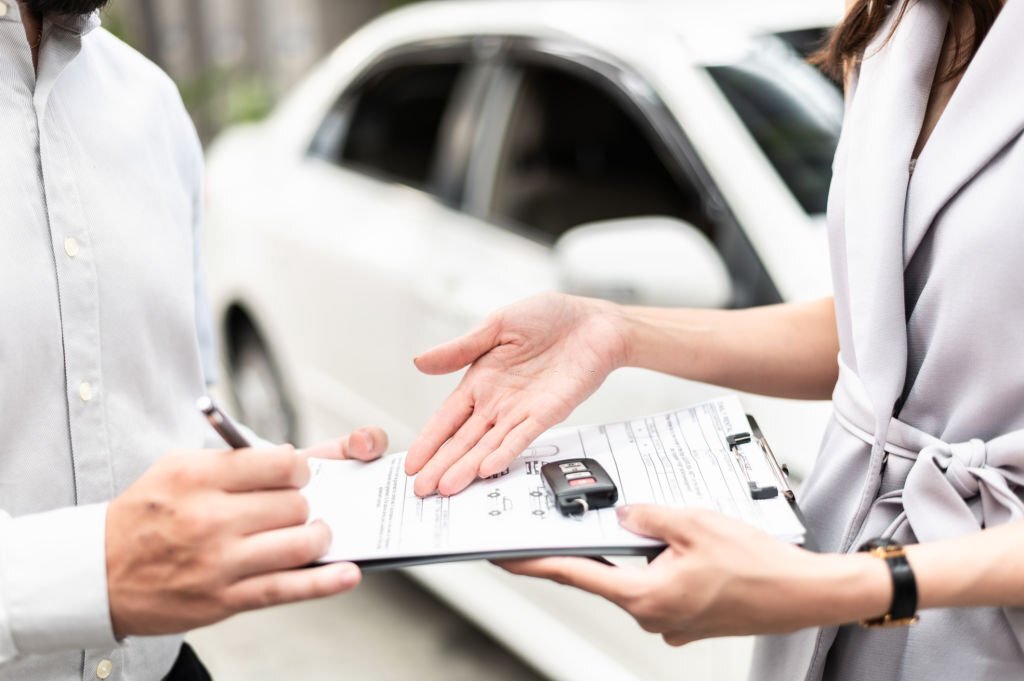Yosief Kidane is the president of Selam Insurance Services LLC, a multi-service company located in Indianapolis, IN serving several states within the United States. Selam Insurance Services considers itself a ONE STOP shopping offering its customers with affordable Insurance services ( Auto insurance, Home-owners and commercial trucking insurance ) and tax preparation services as well as general Office services.
Yosief was awarded several key insurance agency accounts with key industry players within a short span of time. Yosief’s goal is to offer the expertise of his multi-service business nationwide within the next two years.
Yosief has been involved in the trucking industry for the past thirteen years and in 2017 identified the need to offer better affordable trucking insurance. Since 2019, Yosief expanded his business portfolio to include insurance and tax preparation.

Whether you're commuting to work, taking a road trip, or completing errands, your personal auto policy should cover you. However, it may not cover you if you use your vehicle for business, even if you are just delivering pizzas or working for a rideshare company. You may need business insurance for these uses. It is always a good idea to check with your policy to ensure you are covered.
A personal auto policy must include liability coverage but may also include other coverages. It may include any of the following:
Depending on your insurance policy's details, it may also cover friends who borrow your vehicle but are not on your policy, as long as you give them permission to drive it. What and who is covered will vary depending on the details of your policy. It is always a good idea to check what your policy covers before you need to file an insurance claim. Some people may be excluded from these coverages, including business vehicles or a person who steals your vehicle.
Medical payments coverage covers the medical costs of the policyholder and anyone in their vehicle at the time of the accident. This type of coverage is not usually a requirement and may have a separate premium. Before deciding whether or not to add it to your policy, it is beneficial to find out what it does and does not include. Some people may have medical payment coverage with their health insurance provider.
Uninsured motorist coverage can protect you if you're in an accident with a driver who is uninsured or underinsured. This can help you cover costs if another driver is at fault. Again, many insurance companies have specific requirements as to what is and is not included. For example, this coverage may not be eligible if any of the following occur:
If you choose to add uninsured motorist coverage to your policy, find out when it applies. Additionally, some states may require some uninsured motorist insurance coverage.
Physical damage coverage covers any physical damages to your vehicle. This includes:
These types of damages are covered with a comprehensive or collision policy. They are optional
add-on policies that are
not a requirement. If you have a lease or you took out a loan to buy your vehicle, however, you may
be required to carry
physical damage coverage on your vehicle.
Physical damage coverage also has exclusions, depending on your policy. Your insurance company may
deny your
comprehensive or collision claim if any of the following is responsible for the damages:
Adding comprehensive or collision coverage to your policy will usually increase your monthly rates. For this reason, it is important to find out what it covers.
Duties after an accident refer to the specific obligations of the policyholder that you must meet in order to access your insurance benefits. Most insurance companies require you to complete the following:
Specific requirements will vary, depending on your insurance provider. If you have to file a claim, be sure to work closely with your agent.
General provisions refer to the legal requirements of the insurance contract. This usually includes things like a bankruptcy clause, the process of making changes to the policy, legal processes, and how to cancel the policy if requested. Carefully review these before signing your policy.
A personal auto policy covers you and your passengers if you're in an accident. When comparing quotes, be sure to compare what types of personal coverage are included.
Copyright @2022. All right reserved